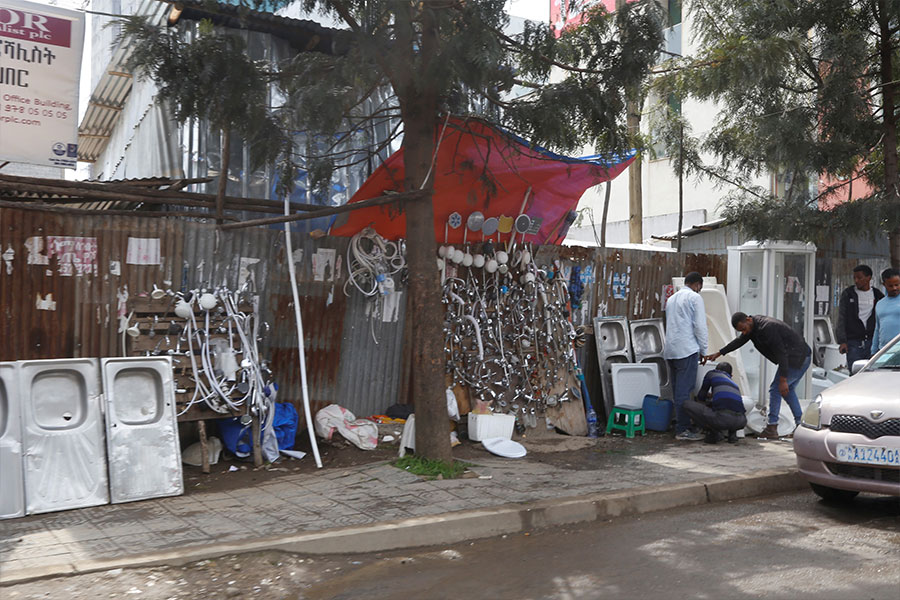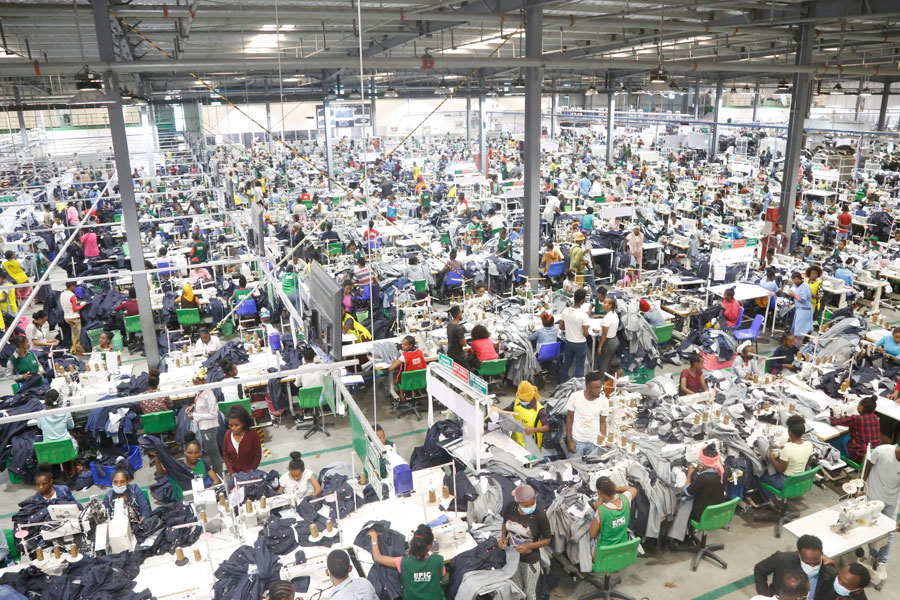
It may have taken some time, but the global pandemic of the Coronavirus disease has reached Ethiopia. Unsettling feelings of panic are just beginning to hit home.
As stated in the weeks before the first case was confirmed, the government health institutions have been preparing for the inevitable arrival of the disease.
But with the amount of news that has flooded all of our senses at this moment, we must stay positive and aware in order to learn from others.
“All countries can still change the course of this pandemic,” as Tedros Adhanom, director-general of World Health Organization (WHO), has said.
The Africa Centre for Disease Control (CDC) also activated its Emergency Operations Center and its Incident Management System (IMS) for the COVID-19 outbreak on January 27, 2020. Africa CDC has also developed its third Incident Action Plan that covers the period between March 16 to April 15, 2020.
It may have taken some time, but the Coronavirus has reached Ethiopia.
What this means is that while we should indeed remain rational, we should also take the maximum level of precautions.
Italy, a country with the second-highest rate of infections after China and the highest rate of mortality, is currently under a nationwide quarantine.
Its citizens can be found imploring the rest of us over the internet to understand what they wished they had known just a few days ago. Their message is a plea for countries with low numbers of cases, like ours, to heed the advice being given by public health officials: wash our hands frequently and commit to social distancing.
It also entails fighting against those looking to take advantage of such a crisis. Some business owners are taking exemplary actions, but others have turned into profiteers with highly questionable morals. The government is dealing with those that are hiking up the cost of goods, but there are also deceitful individuals that are advertising herbal products as miracle cures and clubs claiming to have disinfected their premises and inviting people to come dance away their nervousness.
While many businesses, including mine, rely on the presence of audiences and people, finding other sources of income may become necessary. The extent of the devastation COVID-19 will cause is unknown. So the actions we take must be meaningful.
While social distancing is vital at this time, and advised by the WHO, not everyone can work from home and isolate. Beyond its impact on health, COVID-19 also places massive constraints on small businesses and low-income families.
The extent of the damage to the global economy caused by COVID-19 came further into focus when UN economists announced a likely 50-billion-dollar drop in worldwide manufacturing exports in February alone.
The impact this will have on each of our incomes is going to be devastating. Different countries are trying to cope with it in different ways. Most European governments have mandated paid-leave for employees, while the United States is considering giving each American adult cash to ease the inevitable economic disaster.
Since many in Ethiopia will lose significant means of income, it is incumbent on us to ask what our government is considering doing to help us meet our basic needs during this crisis.
We will survive this crisis only by looking out for each other. We must be in a position to truly support one another. As some individuals rush to hoard goods they do not need, acting out of fear, we should instead give a hand through what we can directly control.
This is why we need to support the prevention measures being undertaken by our own government. The restrictions put on schools and public gatherings are important aspects of this.
But all this can only happen if we realise it is not business-as-usual. Funerals, weddings and religious gatherings have to be reconsidered. And if we can afford it, we need to support others so they can stay home and practice social distancing.
There is never a good time to panic, especially not now. It is time to trust in one another. We must all do what we can to prevent the worst from hitting us hard. Now is the time to be compassionate and do what is possible to get one another through this crisis. We must come out of this crisis stronger, not weaker.
PUBLISHED ON
Mar 21,2020 [ VOL
20 , NO
1038]


Life Matters | Oct 04,2025

My Opinion | Feb 10,2024

Fortune News | Jan 03,2025

My Opinion | Jul 18,2021

Radar | Sep 04,2021

Editorial | Dec 04,2022

Agenda | May 04,2025

Agenda | Dec 15,2024

Fortune News | May 04,2025

Dec 22 , 2024 . By TIZITA SHEWAFERAW
Charged with transforming colossal state-owned enterprises into modern and competitiv...

Aug 18 , 2024 . By AKSAH ITALO
Although predictable Yonas Zerihun's job in the ride-hailing service is not immune to...

Jul 28 , 2024 . By TIZITA SHEWAFERAW
Unhabitual, perhaps too many, Samuel Gebreyohannes, 38, used to occasionally enjoy a couple of beers at breakfast. However, he recently swit...

Jul 13 , 2024 . By AKSAH ITALO
Investors who rely on tractors, trucks, and field vehicles for commuting, transporting commodities, and f...

Oct 25 , 2025
The regulatory machinery is on overdrive. In only two years, no fewer than 35 new pro...

Oct 18 , 2025
The political establishment, notably the ruling party and its top brass, has become p...

Oct 11 , 2025
Ladislas Farago, a roving Associated Press (AP) correspondent, arrived in Ethiopia in...

Oct 4 , 2025
Eyob Tekalegn (PhD) had been in the Governor's chair for only weeks when, on Septembe...